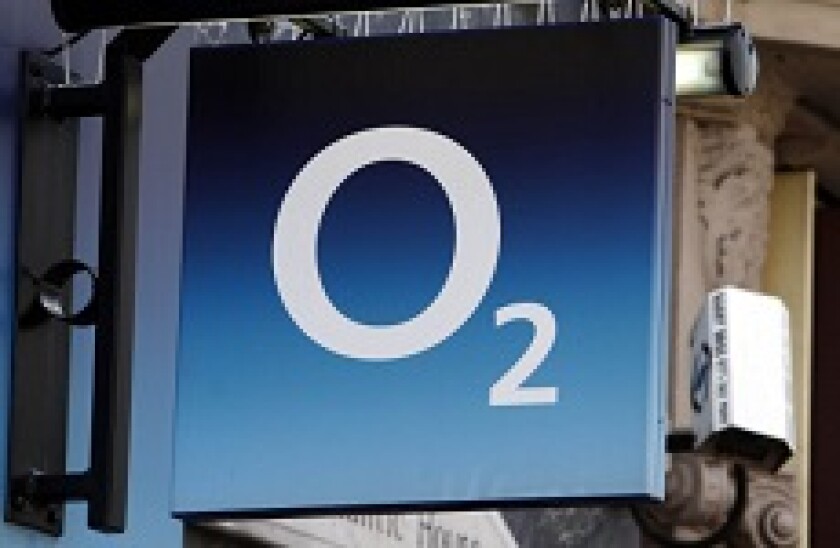Monday’s report by the Press Association (PA), citing sources close to the company, led to headlines that the deal was the latest in a growing number of transactions postponed this month.
But GlobalCapital understands that O2 was never seriously considered as an IPO candidate in 2018. This year’s pipeline, and particularly the large bellwether transactions, have been forecast for months.
European IPOs are generally presented to investors months before they attempt to list.
Given that O2 was said to be seeking to float for as much as £10bn ($12.83bn), it was unlikely to attempt a listing without extensive pre-marketing. In short, the market would have known an IPO was coming months beforehand, but there had been no chatter about an imminent listing from the firm.
“There weren’t that many deals actively in the pipeline for the rest of the year, so nobody on the street really expected O2 to list this year,” said a London-based ECM banker. “That was a surprising bit of the reporting… because it was not something which was in the near-term pipeline anyway.
“I’m not of sure of the exact details of the company’s plans, but it seems like a simple statement of fact that it wasn’t going to come this year. It has been in the pipeline for such a long time and this has been actively considered by the company for a while, so I’m not sure the fact that they aren’t coming in 2018 tells you everything.”
An analyst agreed that few had expected the deal to come by the end of 2018.
“It wasn’t in the minds of any investor or analyst that O2 was likely to come any time soon,” said the analyst. “There were so many different things preventing it from listing soon, including market conditions, Brexit and even how much of the company Telefónica wanted to sell. There was never a rush for Telefónica to do this.”
Market volatility has certainly scuppered some trades this year.
Recent pulled IPOs include the listings of Spanish oil and gas company Cepsa, Dutch car leasing firm LeasePlan, UK litigation financier Vannin Capital, Portuguese food retailer Sonae MC and the German microchip factory builder Exyte.
These deals were either in the stages of being pre-marketed, in investor education, or had been postponed during the final two weeks of book-build just as they were preparing to price.
Given that O2 is a primarily a UK business likely seeking a London listing, it was also unlikely to have tried to price a £10bn IPO just weeks ahead of the Brexit deadline of March 29 — perhaps the event with the greatest potential to generate volatility in UK capital markets.
If the deal isn’t not going to come before the end of 2018 and is unlikely to be done before the UK leaves the EU, that leaves a pricing window beginning on March 29.
The EMEA IPO market has disappointed some in 2018. A number of large deals have been pulled or postponed, and the trading of some other big names such as Aston Martin was worse than expected.
But O2 is not among them. It was never likely to come, and it is unfair to the realities of the market this year to count it as a disappointment.

